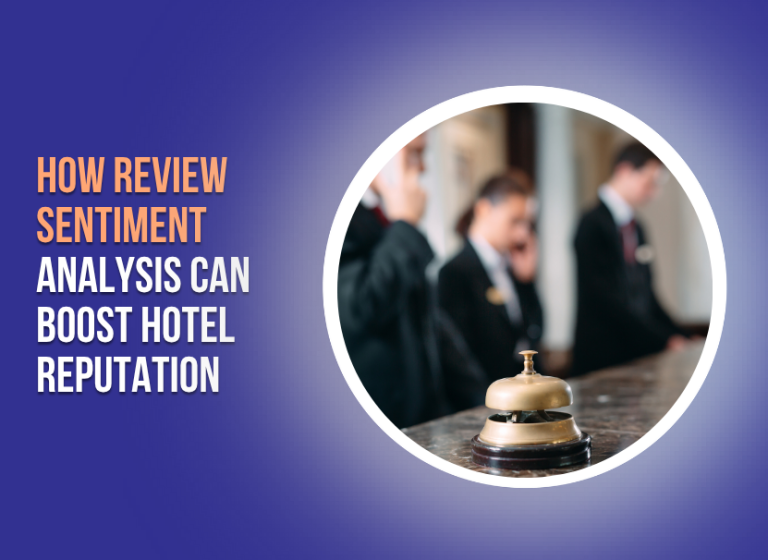Hotel Budget Season—just the phrase can make a manager’s heart race. It’s the time when financial prudence meets operational efficiency and finding that perfect balance between cutting costs and maintaining service quality is crucial. But fear not, for with the right strategies, you can navigate this season like a pro, ensuring both your budget and your reputation remain intact.
Prioritize Essential Investments
First and foremost, let’s talk about priorities. Think of your hotel as a high-performance car. You wouldn’t skip oil changes or tire maintenance, would you? The same logic applies to your hotel. Essential investments are the oil that keeps your hotel engine up and running.
- Technology Upgrades: Technology is not just a luxury—it’s a necessity. Upgrading your booking systems, implementing energy-efficient solutions, and ensuring your Wi-Fi is up to par are all investments that pay off in the long run. They reduce errors, streamline operations, and enhance guest satisfaction. Consider this: an outdated booking system could lead to overbookings or missed reservations—problems that could cost more to fix than the upgrade itself.
- Staff Training: Your staff is the face of your hotel. Even during Budget Season, cutting corners on staff training is a false economy. Well-trained staff can handle guest complaints more effectively, upsell services, and create memorable experiences that lead to positive reviews and repeat business. Investing in their training is like investing in premium fuel for your car—it keeps everything running smoothly.
- Regular Maintenance: Skipping maintenance to save money is like ignoring the check engine light on your car. Sure, you might save a few bucks now, but you’re setting yourself up for a much bigger, more expensive problem down the road. Regular maintenance of your infrastructure ensures that small issues don’t turn into costly emergencies. Plus, it keeps your property in top condition, which is critical for guest satisfaction.
Streamline Operations
Now that you’ve identified where to invest, it’s time to streamline your operations. This is where you can make significant savings without sacrificing quality. Think of it as fine-tuning your car’s engine for better mileage.
- Energy Efficiency: One of the biggest areas where hotels can cut costs is energy consumption. Conducting an energy audit can reveal surprising areas of waste. Simple changes like installing energy-efficient lighting, optimizing HVAC systems, or using motion sensors in less frequented areas can result in significant savings. These changes not only lower your utility bills but also boost your hotel’s eco-friendly credentials—a selling point that can attract environmentally-conscious guests.
- Waste Reduction: Waste is the silent budget killer. Whether it’s food waste in the kitchen, unnecessary paper use, or discarded toiletries, every bit of waste represents money thrown away. Implementing a waste reduction program not only saves money but also positions your hotel as a responsible, sustainable business. Encourage guests to reuse towels, offer bulk toiletries instead of single-use products, and ensure that your staff is trained to minimize waste in every area of operations.
- Automation: Automation is your best friend during Hotel Budget Season. By automating repetitive tasks, you can free up your staff to focus on providing exceptional service. For example, self-check-in kiosks can reduce the need for front desk staff during peak times, and automated inventory systems can help prevent overstocking or running out of essential supplies. It’s like installing cruise control on your car—less stress and more efficiency.
Vendor and Supplier Negotiations
Negotiating with vendors and suppliers is an art form—think of it as bargaining for the best parts for your car. You want top quality at a fair price.
- Review Contracts: Before you automatically renew any contracts, take the time to review them thoroughly. Are you getting the best deal possible? Could you negotiate a better price or more favorable terms? For example, a long-term commitment might get you a discount, or giving the vendor more business might provide you with volume discounts. While costs are going up for all of us and rate increases should probably be expected, don’t be afraid to inquire about flexibility or other alternatives.
- Strengthen Relationships: Building strong relationships with your current suppliers can work wonders when it comes to negotiation. Engage with them regularly, understand their business challenges, and communicate your needs clearly. A good relationship often leads to more favorable terms, priority service, or access to special deals that might not be available otherwise.
- Bulk Purchasing: Buying in bulk can be a great way to save money, but only if it makes sense for your operation. Before placing that massive order, ensure that you have the storage space and that the items won’t spoil before they’re used. Otherwise, you’re not saving money—you’re just wasting it.
Maintain Quality and Reputation
No matter how tight the budget, the one thing you cannot afford to compromise on is quality. At The Reputation Lab, we believe that maintaining your hotel’s reputation is essential, and investing in our Reputation Enhancement & Management (REM) Program was designed for those hotels that are focused on elevating their online review performance—it’s what drives bookings, generates repeat business, and creates positive word-of-mouth.
- Focus on Guest Experience: Even during Budget Season, guest experience should remain a top priority. Ensure that any cost-cutting measures do not negatively impact your guests. For example, if you need to reduce staffing levels, make sure that remaining staff are trained to handle multiple roles without compromising service quality.
- Transparent Communication: If you need to make changes that might affect guests, such as closing a facility for maintenance, communicate this clearly and in advance. Transparency builds trust and can prevent negative reviews. It’s better for guests to know ahead of time than to be surprised and disappointed during their stay.
- Leverage Positive & Negative Reviews: Encourage satisfied guests to leave positive reviews, and make sure to respond to feedback—both good and bad. This shows that you care about your guests’ experiences and are committed to maintaining high standards. It’s like polishing your car’s exterior—keeping it shiny and attractive for all to see.
Hotel Budget Season Doesn’t Have to Be a Time of Dread
With careful planning, strategic investments, and a focus on maintaining quality, you can navigate this season successfully. Remember, it’s all about finding the balance between cost efficiency and service excellence. So, buckle up, tighten your seatbelt, and get ready to drive your hotel to success, even during the most financially challenging times.
At The Reputation Lab, we work with hotels and restaurants to facilitate a reputation management strategy aimed at increasing online visibility, engaging your customers, and converting travel consumers into revenue producers. If you are interested in learning how a reputation management strategy can benefit your business, we invite you to email us via our secure contact form to set up a no-pressure consultation or call us at 855-979-6800. Happy budgeting!




